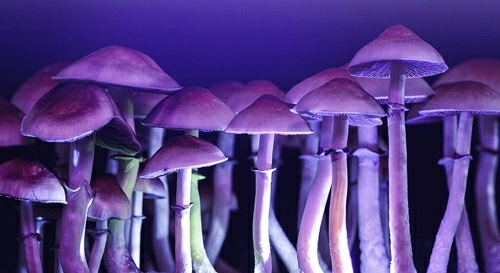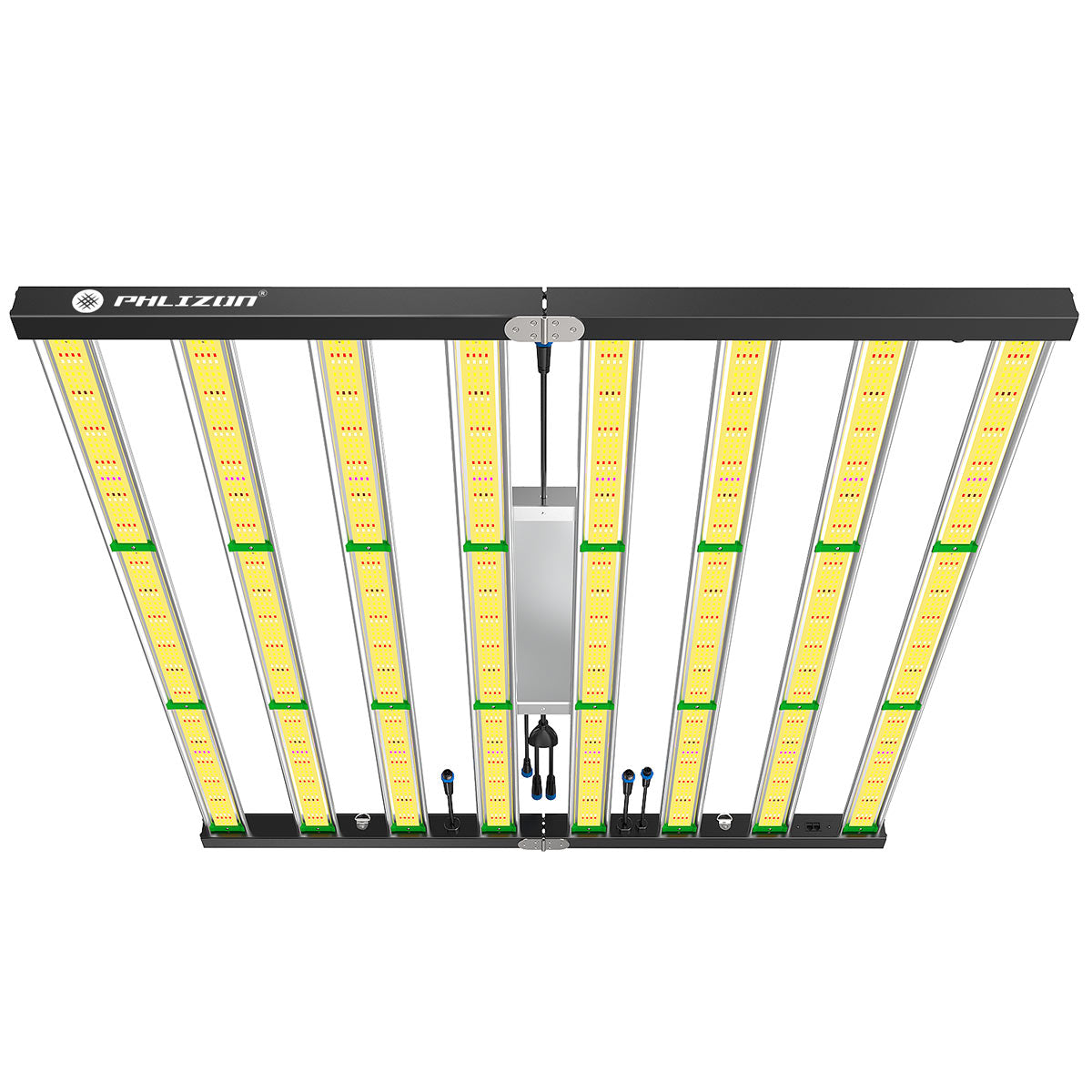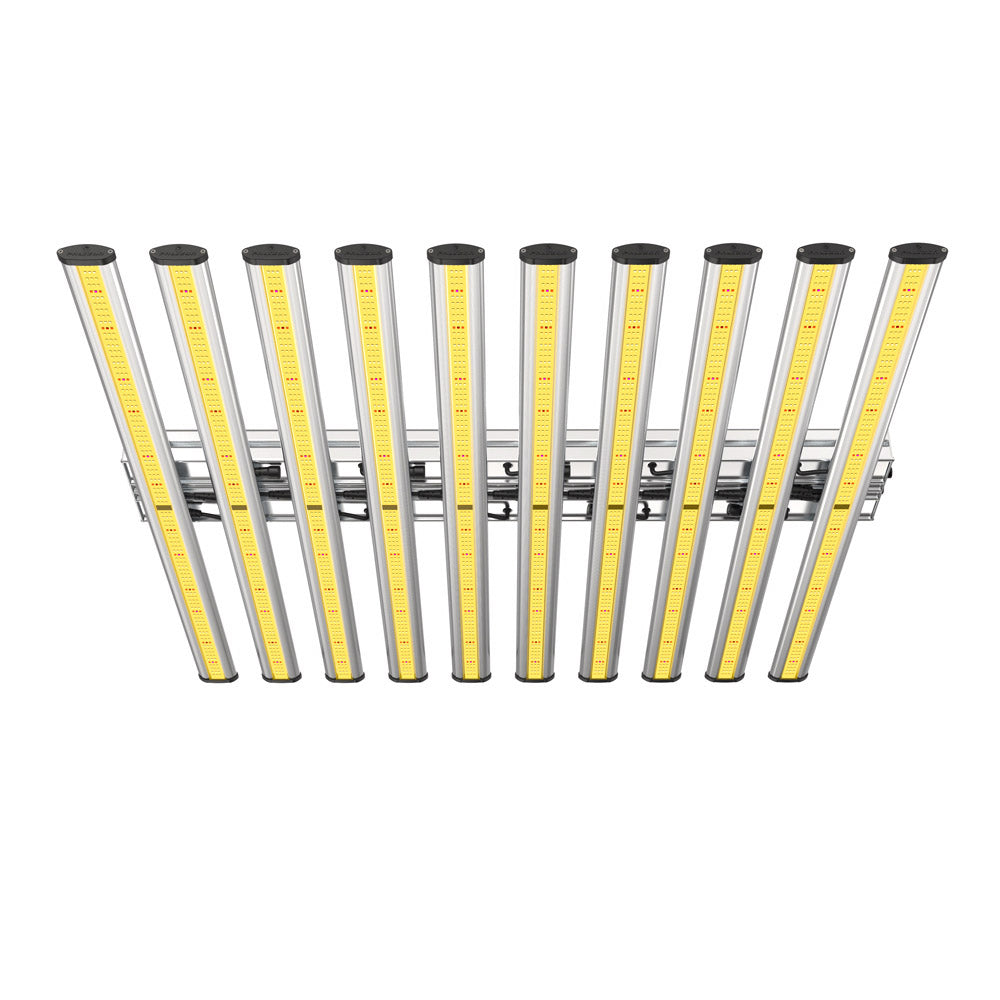Menu
Maximizing Growth with LED Grow Light Mushroom
Understanding the Benefits of LED Grow Light Mushroom

In the realm of mushroom cultivation, leveraging modern technology like LED grow lights can significantly enhance the growth process. LED grow light mushrooms offer a sustainable and efficient way to cultivate mushrooms, providing the necessary light spectrum for optimal growth without excessive heat production. These lights mimic natural sunlight, enabling mushrooms to undergo photosynthesis effectively.
Boosting Efficiency with LED Grow Lights
LED grow light mushrooms are designed to emit specific wavelengths that cater to the photosynthetic needs of mushrooms. This targeted light spectrum promotes faster growth rates and higher yields compared to traditional lighting methods. By harnessing the power of LED technology, growers can create an ideal environment for mushrooms to thrive.
Sustainable Cultivation Practices
One of the key advantages of using LED grow light mushrooms is their energy efficiency. LED lights consume significantly less energy than traditional lighting systems, making them a sustainable choice for indoor mushroom cultivation. Additionally, LED lights have a longer lifespan, reducing the need for frequent replacements and minimizing environmental impact.
Enhancing Mushroom Quality
LED grow light mushrooms not only accelerate growth but also improve the overall quality of the harvested mushrooms. The controlled light spectrum ensures that mushrooms receive the ideal conditions for development, resulting in mushrooms that are not only larger but also more flavorful and nutritious.
Maximizing Results through LED Grow Light Mushroom Cultivation
In conclusion, LED grow light mushrooms offer a cutting-edge solution for enhancing mushroom cultivation practices. By harnessing the power of LED technology, growers can optimize growth efficiency, promote sustainability, and elevate the quality of their mushrooms. Embracing LED grow light mushrooms is a step towards achieving superior results in mushroom cultivation processes.
Selecting the Right LED Grow Lights
When choosing LED grow lights for your mushroom cultivation, opt for models that emit a full spectrum of light. Mushrooms require different light spectrums at various stages of growth, so investing in quality LED lights can make a significant difference in your harvest.
Setting Up Your Grow Space
Create a dedicated area for your mushroom growing operation. Ensure that the space is well-ventilated and free from any contaminants that could harm your mushrooms. Position your LED grow lights at the appropriate height to provide consistent and even lighting.
Understanding Light Cycles
Mushrooms have specific light cycle requirements for optimal growth. Typically, they thrive in a light-dark cycle similar to natural daylight. Use a timer to automate your LED grow lights' on and off cycles to mimic this natural pattern and promote healthy mushroom development.
LED Grow Light and Spectrum for Mushroom
When it comes to the height at which to place LED grow lights for mushroom cultivation, it depends on the specific requirements of the mushroom species being grown. In general, it is recommended to mount the lights overhead at an adequate height from the mushroom canopy to prevent heat damage.
Regular adjustment of the light's position is necessary as mushrooms grow to maintain uniform illumination across the growing area. This ensures that all mushrooms receive an optimal amount of light for healthy growth.
It is important to consider factors such as light intensity and coverage area when choosing LED grow lights for mushroom cultivation. The light spectrum and intensity should be suitable for triggering the formation of primordia and promoting healthy growth. Blue and red wavelengths are particularly crucial for mushroom growth.
It is always best to consult specific growing guides or resources for the particular mushroom species being cultivated, as they may have specific lighting requirements and recommendations.
Monitoring Temperature and Humidity
Maintain the ideal temperature and humidity levels in your grow space to support mushroom growth. LED grow lights emit minimal heat compared to traditional lighting, allowing you to regulate the temperature more effectively. Use a hygrometer to monitor humidity levels and make adjustments as needed.
Implementing Proper Ventilation
Proper air circulation is crucial for preventing mold and ensuring healthy mushroom growth. Position fans strategically to maintain consistent airflow around your growing mushrooms. LED grow lights produce minimal heat, reducing the risk of overheating in your grow space.
Harvesting Your Mushrooms
As your mushrooms mature, monitor them closely for readiness. When they reach the desired size and color, carefully harvest them using a sharp knife. Remember to cut, not pull, to avoid damaging the rest of the mushroom cluster.

Conclusion
By utilizing LED grow lights in your mushroom cultivation process, you can create an optimal growing environment that promotes healthy mushroom development. With the right setup and care, you can enjoy a bountiful harvest of fresh, homegrown mushrooms. Happy growing!
Featured blog
- Choosing a selection results in a full page refresh.
















